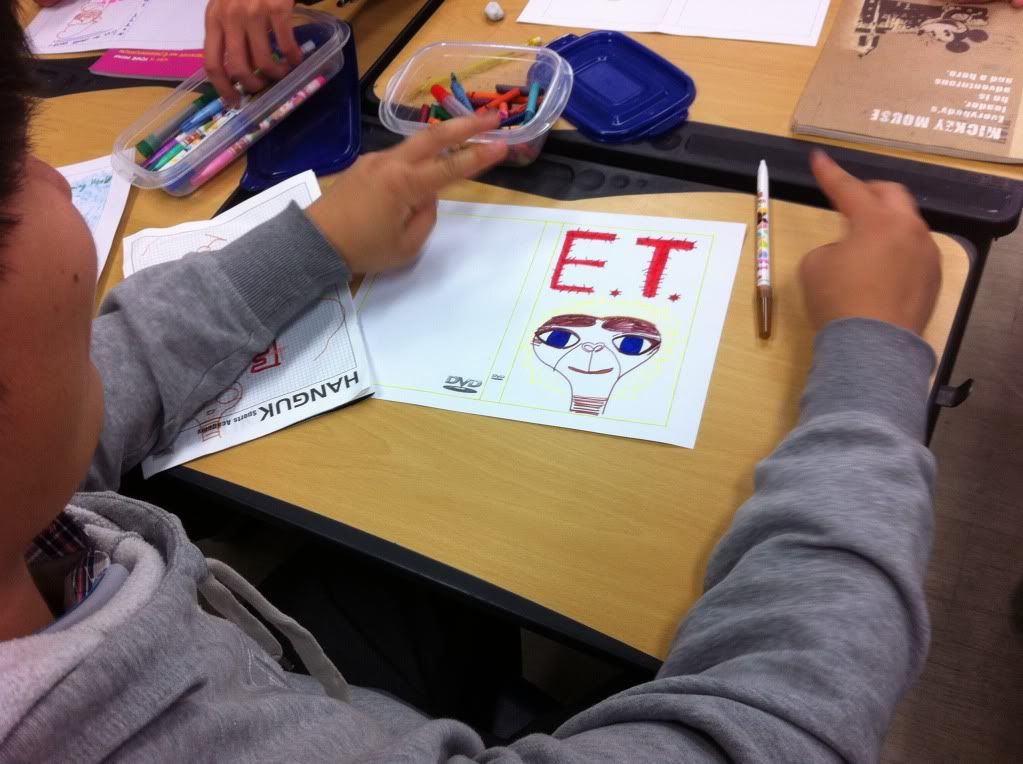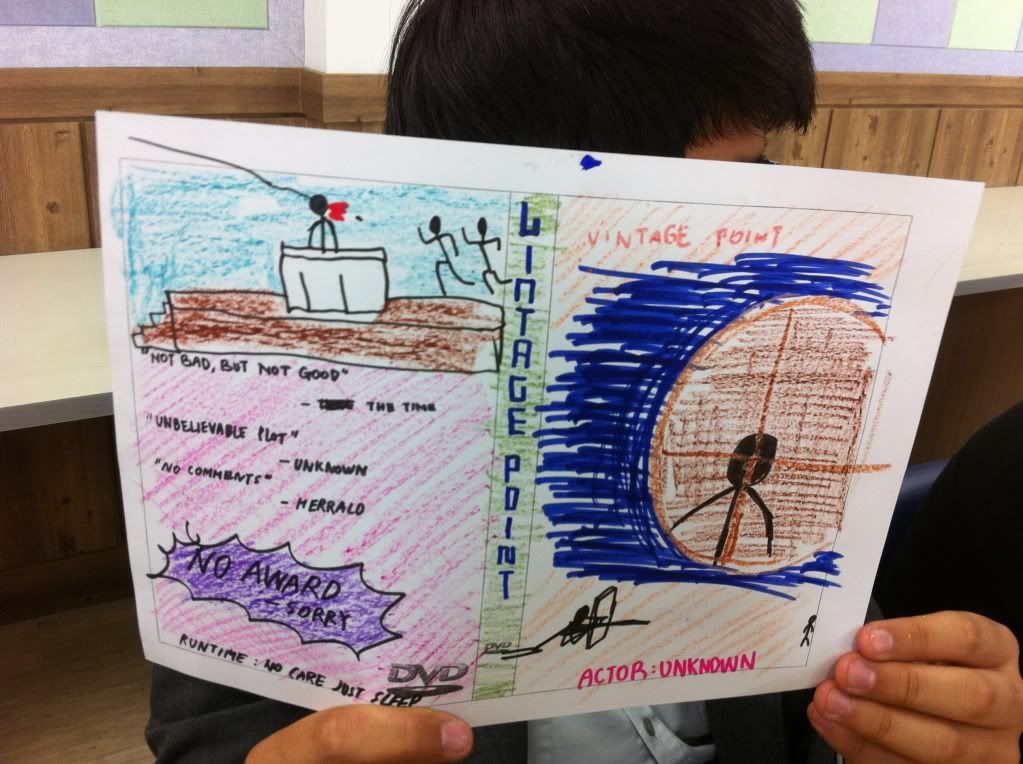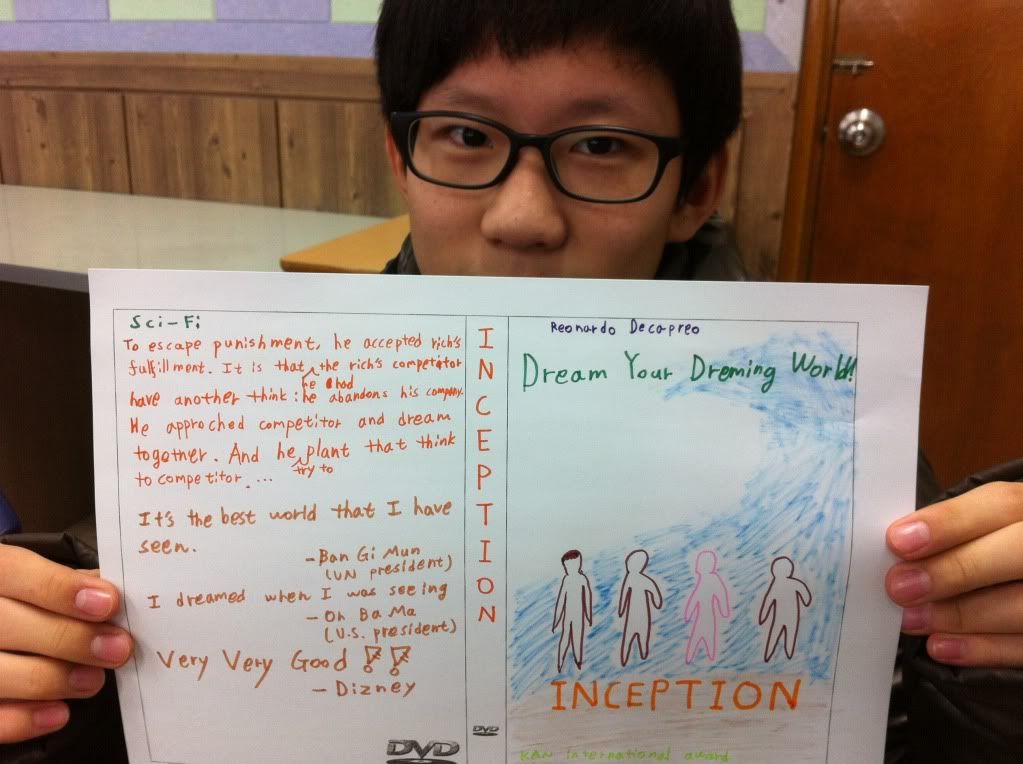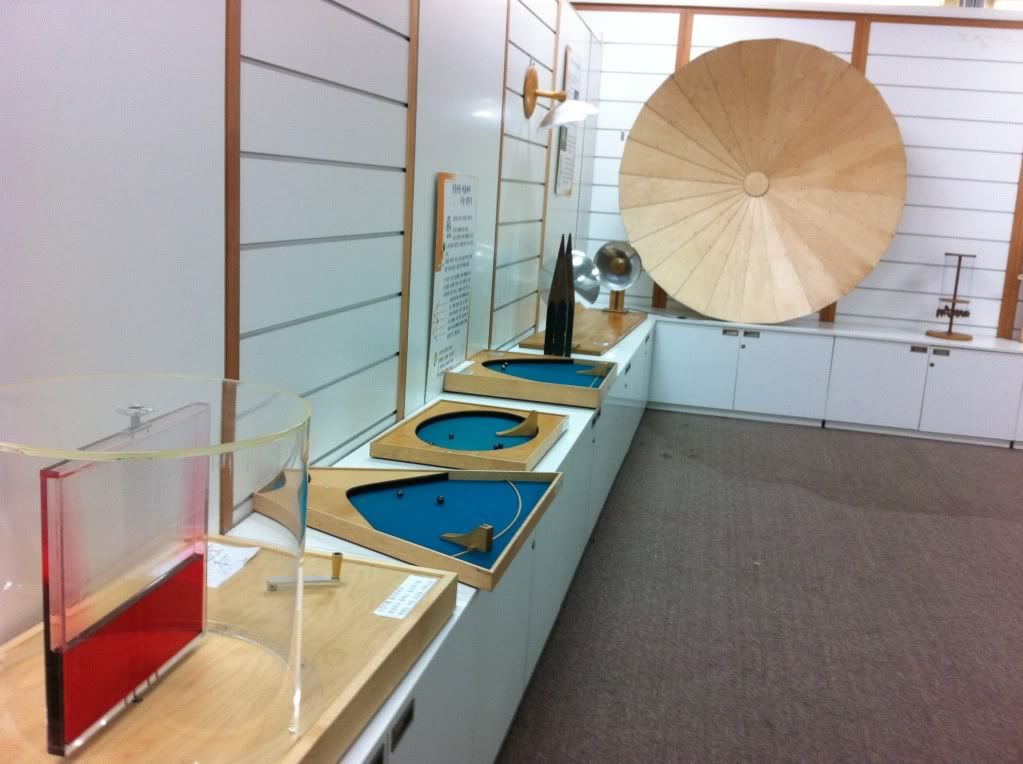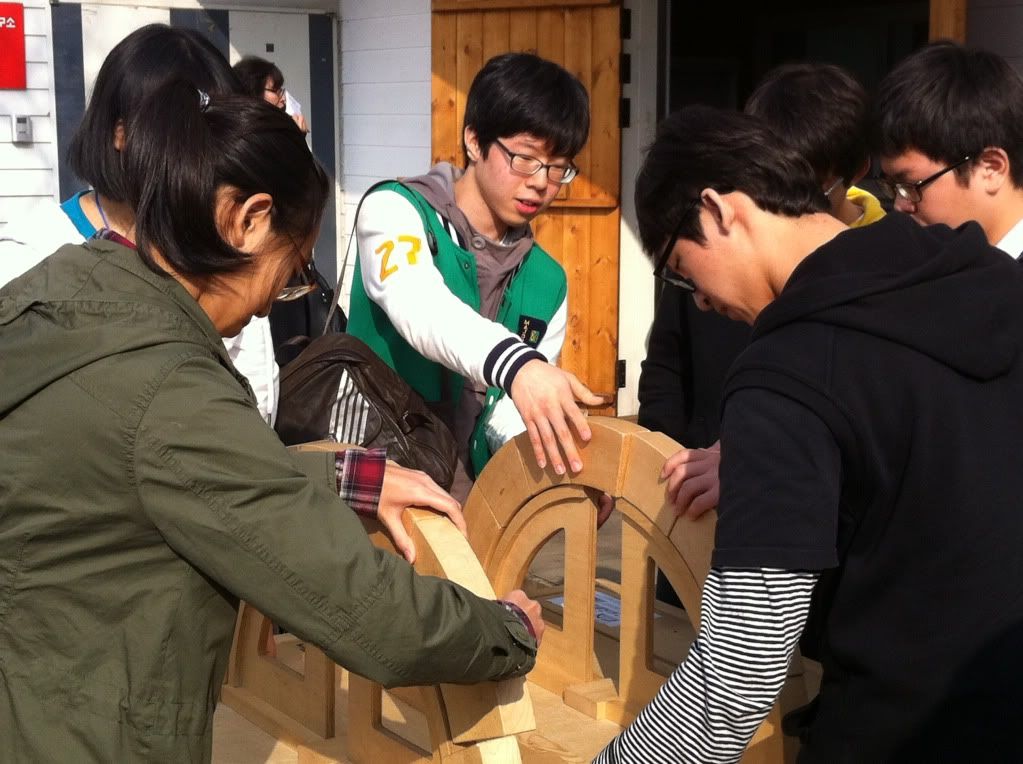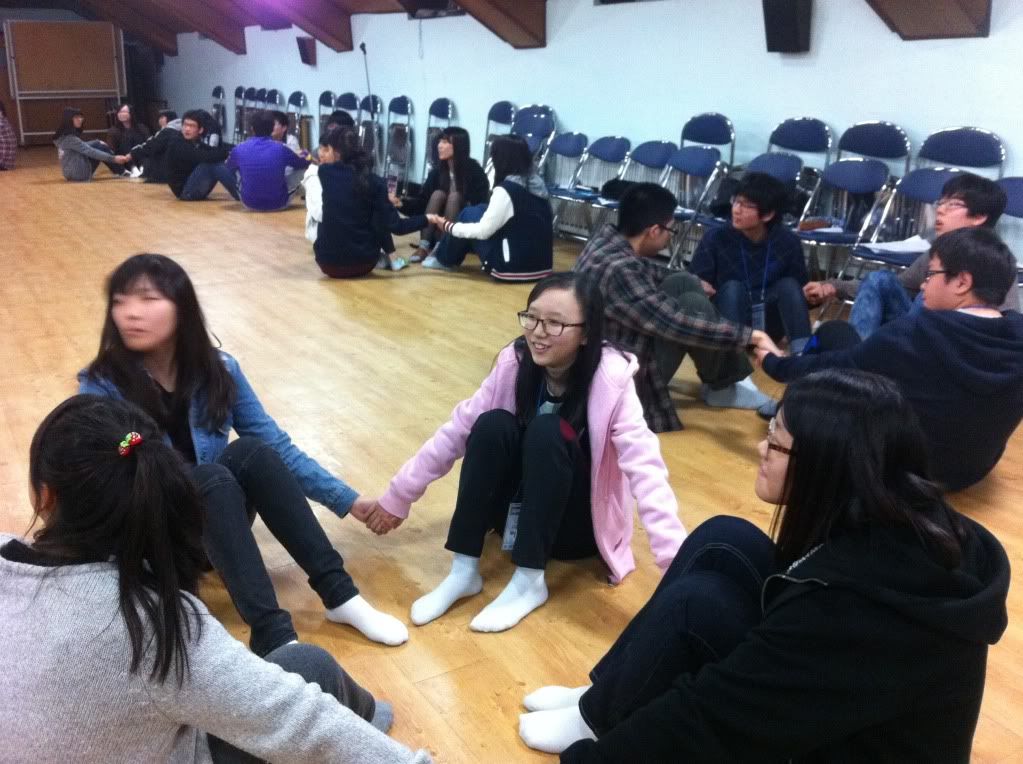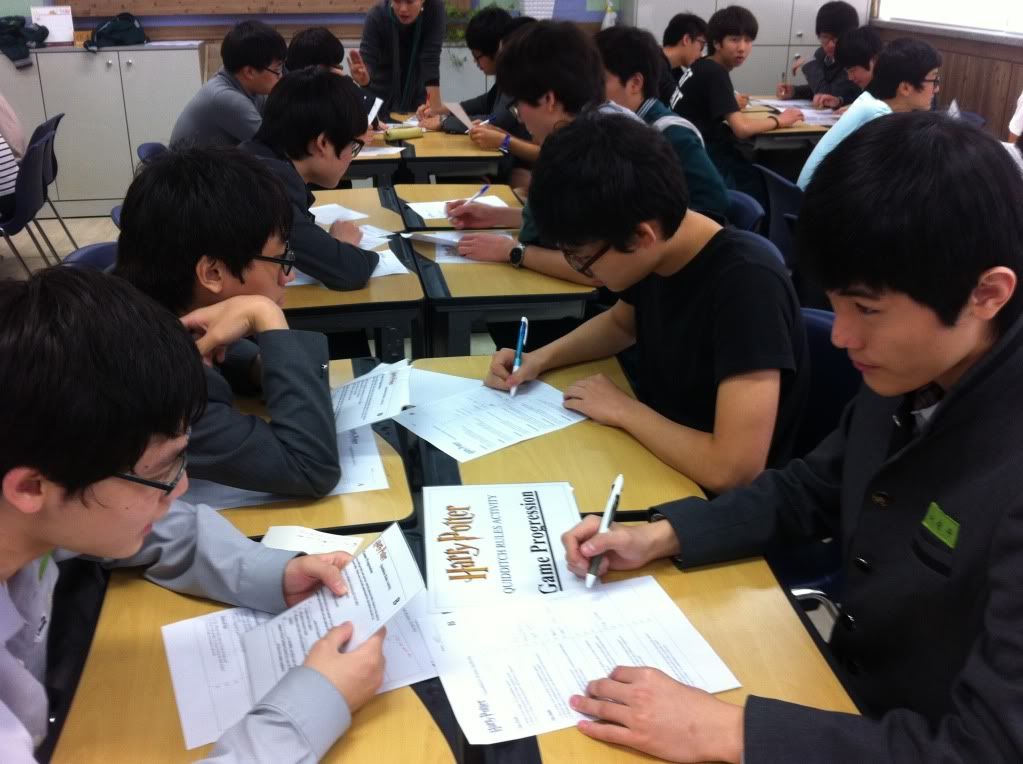Well, tomorrow marks 개학하다, the beginning of school, the second semester at least. And my seventh semester at 영일고. Not a lot of new prep to do, though I have done my best to learn the lessons of previous, um, lessons, and improve my planning accordingly.
More on the new school term as events develop.
Meanwhile, let's inaugurate the back-to-school vibe with some education news:
1) The big story (well, for those of a political bent) is that Seoul mayor Oh See-hoon has gambled his career on a rare referendum concerning the free lunch plan brought in by the new City Council last year when the Dems took control. First, he decided to forego running for the Korean Presidency two years from now when when MB's single five-year term ends. The Seoul mayorship is a natural springboard to that position, as MB himself could tell you.
Then, today, the mayor tearfully announced he would resign--not if the referendum did not go his way (he is opposed to the free lunches) but if the voter turn-out is less than 33.3%.
Reports the KT:
The brinkmanship, only three days before the Aug. 24 vote day and without a consensus with his Grand National Party (GNP), underlined the situation that he has no other choice but to take his last option in order to encourage as many citizens as possible to cast their votes, while opposition groups are campaigning to boycott the vote.
“If my decision today can sow the seed for ‘sustainable welfare’ and ‘true democracy’ in the future, I have no regret even though I disappear from the stage of history,” the mayor said.[...]
The mayor called for citizens to go to the polls and support his policy, which aims to provide free school lunches only to students in low-income brackets, over the city council’s idea to provide it to all students regardless of the financial status of their parents.[...]
Finishing the announcement, he abruptly fell down to his knees and bowed his head, an apparent gesture to appeal to Seoul citizens.
2) Korea has a functioning democracy, though it has its odd ideas of what that means from an American perspective. Still, no one who pays attention can doubt that there is a sophisticated political environment beneath the squabbles, lock-outs, fisticuffs and appeals on bended knee. Take the on-going flap over brief descriptions and a few words here or there in history textbooks.
Dong-A Ilbo:
Kumsung’s textbook contains biased sentences such as, “Under the Rhee Syngman administration, pro-Japanese collaborators were not eliminated, undoing efforts to start a new country based on national spirit,” and “North Korea`s land reform based on free confiscation and free distribution benefited farmers more than South’s farmland reform did.” The ministry’s order to correct 29 items is based on common sense. A person with a normal historical view would agree to it because of hard-to-understand and unclear expressions and unilateral claims that go against historical truth.
In the US, a textbook publisher can write whatever they want in a textbook, but they must beware that it may not get adopted if it's too "controversial". Indeed, for many years, a single couple, Mel and Norma Gabler of Longview, Texas, actually had the textbook industry by the short-and-curlies, since they had strong influence with the Texas purchasing committee--that state being the largest single buyer in the nation. Alas, the Gablers were anti-science, anti-evoluton nitwits, with the result that when I began teaching in the 1980s, many biology textbooks barely mentioned the term evolution, even though it is a fundamental organizing principle of the field; my earth science books trimmed Big Bang theory to one or two innocuous sentences.
Ultimately, scientists and science teachers fought back; the development of curricula by groups like the NSTA gave us a powerful tool to counteract capricious and benighted policy-makers and textbook adopters. Korea is not yet at that stage; instead, despite its remarkably unlitigious society, textbook arguments go to the courts. As the article explains:
The Seoul High Court has ruled in favor of the Education, Science and Technology Ministry, which ordered Kumsung Publishing to amend its left-leaning high school textbooks on modern and contemporary Korean history. On Sept. 1 last year, the court had nullified the amendment order, saying assessment of the textbooks should come through deliberation by a specific textbook review committee within the ministry, which did not follow this procedure. This time, however, the court said no flaws occurred in the procedure, saying regulations do not require amendment orders to go through the review committee. Textbook authors agreed to make corrections when the ministry makes the order after the publishing contract is made.
The latest ruling said, “The country can screen a book upon request whether the book`s content is suitable for students, whether the book contains a biased view or expressions, and whether it goes against the national system and legitimacy.” The court emphasized that history textbooks should teach future generations historical truths based on Korea’s legitimacy and constitutional value.
This story appeared on 17 August. On 19 August, the Dong-A followed up with this lede graf:
Controversy is mounting over the term “liberal democracy” contained in the 2011 History Education Curriculum. Adopted by the Education, Science and Technology Ministry on Aug. 9, the curriculum provides directions and standards that Korean history textbook authors and publishers must comply with. When the ministry announced the final curriculum, it replaced the term “democracy” with “liberal democracy.” The draft curriculum said, “This explains democracy, economy and mass culture that have developed since the 1960 Revolution.” The final draft says, however, “This is to understand how liberal democracy and economic growth have been achieved since the 1960s and grasp the heightened international profile of the Republic of Korea.” On hearing news of this change, certain scholars are demanding that “liberal democracy” be replaced with “democracy” again.
An on-going irritation with Korean media is the frequent publication of opinion and editorial pieces that are not marked as such. The article has no by-line or Op/Ed designation but it clearly is. Take the xloser, for instance:
People wonder why certain forces show an allergic reaction to liberal democracy. Democracy can be divided into liberal democracy, social democracy, people’s democracy and others. If leftist groups do not pursue democracy that has its roots in liberty, they should make clear what democracy they are seeking.
3) In a completely unrelated story, JoongAng Daily gives us an "intern report" (one of a series written by high school students working with the paper's staff reporters) titled "
Gadgets may transform classrooms". True, but then again, maybe they will not.
I consider myself pro-technology in the classroom--I used computers in school as long ago as 1989, I have been school webmaster, taught computer, tried to help my colleagues overcome their techno-phobias, etc, etc. But one thing I know after a quarter century in the teaching trenches is that gizmos and gadgets are tools, they are not teachers.
“Before using my laptop during class, it took me a lot of time, effort and energy to take notes in my notebook,” Sun [A-young, an 18-year-old student at CheongShim International Academy] said. “After the school allowed us to use our laptops, however, I found I could not only save time and effort but I could also easily find the materials taught during class.”
Yep, Sun hits the nail on the head. I don't know when this school started allowing students to bring computers, but it should have been long ago. Indeed, most US colleges require them, and more and more high schools, too.
Ah, but, as the story mentions, that's where it gets sticky:
Despite the rosy expectations, however, there is some concern, as not all households can afford such expensive devices.
“I am very worried about this decision,” said Kim Hye-young, 39, a mother of two elementary school students. “Our family cannot afford such a burden. People like us live every day with financial concerns. We do not have the capacity to pay for such an expensive device.”
Furthermore, some students will not use laptops in an appropriate manner--playing video games in class, or even searching for pr0n, could prove to be a distraction.
So what impact have "gadgets" had in the Korean classroom? The article examines a study called Ssam, in which 16 schools offered classes incorporating IT devices. The story says that within a year, students improved by "55 percent in Korean, 46 percent in mathematics, 47 percent in social studies, 50 percent in science and 34 percent in English. Also, according to the study, students showed improvement in concentration and logical thinking."
That would be pretty impressive if it were not total bullshit. First of all 55%, 46% of what, compared to what? Secondly, logical thinking is difficult as hell to measure, and even harder to measure improvement in, particularly in one year. I don't want to come down hard on the student intern here, so I say shame on you to the professional who failed to point out the meaninglessness of these statistics.
Thirdly, their lowest improvement was in Englsih. Go figure.




